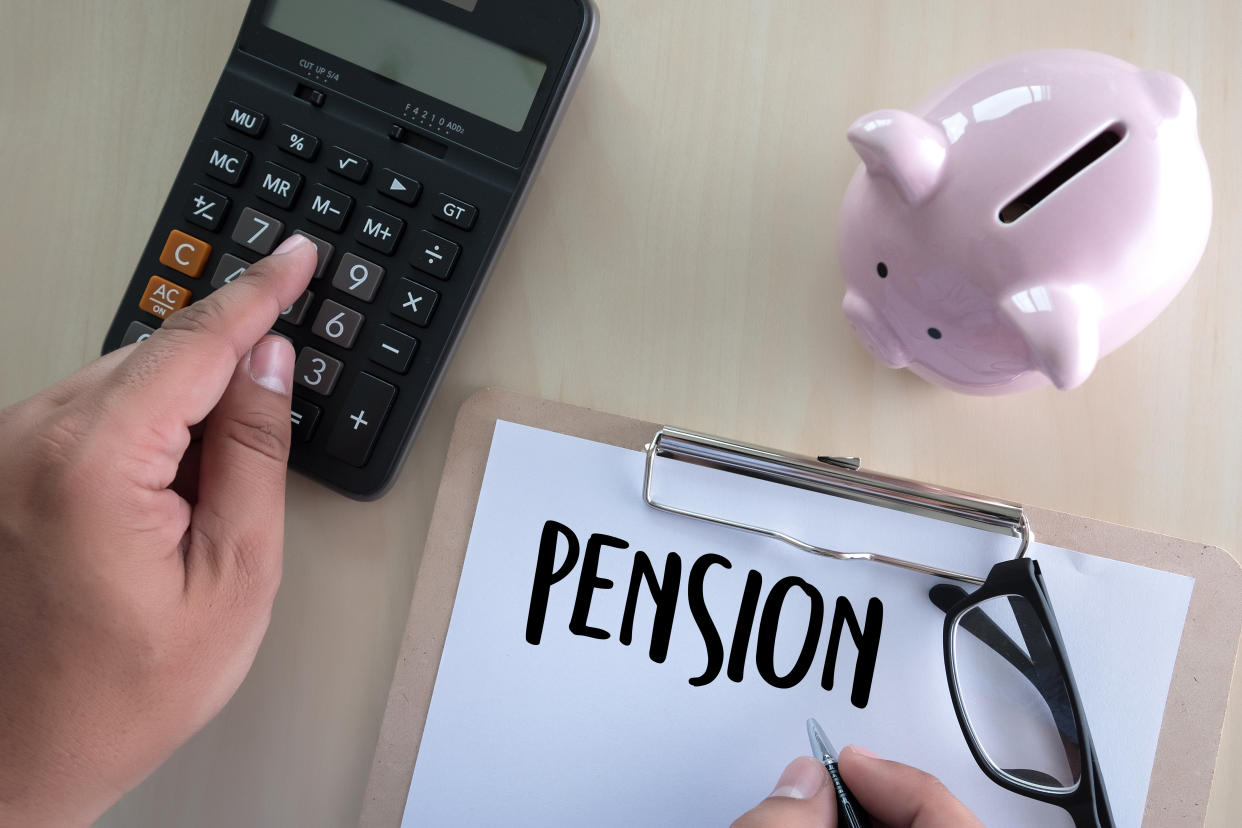Shareholder rewards trump underfunded pensions at many TSX-listed firms: report

Dwindling pension coffers are increasingly taking a backseat to spending on dividends and share buybacks at major Canadian corporations, according to a new study highlighting the shift of retirement risks onto workers.
The Canadian Centre for Policy Alternatives (CCPA) looked at roughly 90 firms on the S&P/TSX Composite Index with defined benefit plans.
The think tank found companies spent $16 billion on share buybacks and $50 billion on dividends in 2017, five times the value of their $12 billion pension deficit. In 2011, TSX-listed companies with defined benefit pensions paid twice as much to their shareholders as it would have cost to wipe out their pension deficits, the report said.
“Put another way, these companies could have easily eliminated their pension deficits while still increasing shareholder payouts well above 2011 levels,” wrote co-authors David Macdonald and Chris Roberts.
“By redeploying cash to shareholders and away from pension obligations, companies are forcing plan members to assume greater risk, without any additional return to compensate for this exposure.”
Power Corp. of Canada (POW.TO) was found to have the largest pension deficit in 2017 at $1.25 billion, followed by Hydro One Ltd. (H.TO) ($981 million) and Suncor Energy Inc. (SU.TO)(SU) ($918 million). The three companies paid a combined $4.63 billion in dividends that year, according to the study.
Current regulations let companies decide whether to eliminate pension funding gaps as long as they meet minimum funding obligations. The CCPA argues it’s time to trade this “light-touch” approach for a more coordinated one that takes into account firms’ payouts to executives and shareholders.
“Canadian retirement security policy was structured with private pensions playing an integral role alongside the public Canada Pension Plan and Old Age Security,” Macdonald and Roberts wrote.
“As the private sector withdraws from its end of the bargain, simply regulating the decline of private sector defined benefit plans won’t be enough to ensure a comfortable retirement for Canadians.”
The CCPA issued several recommendations to strengthen private sector pension plans and bolster retirement security for Canadian workers, including limits on dividends and share buybacks when pension funds fall below a set threshold, as well as enhancements to the Canada Pension Plan, Old Age Security and the Guaranteed Income Supplement.
Download the Yahoo Finance app, available for Apple and Android.



